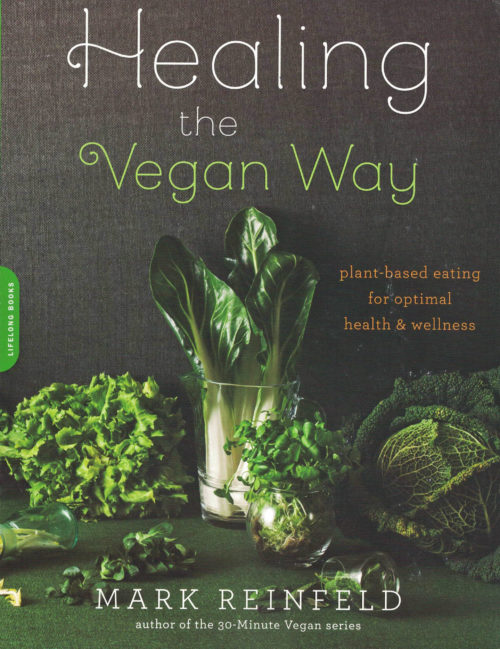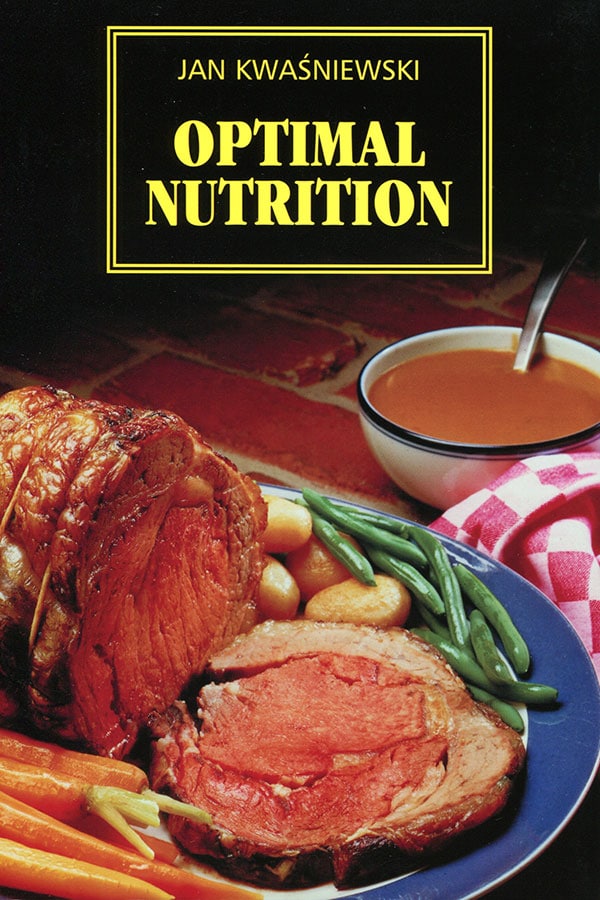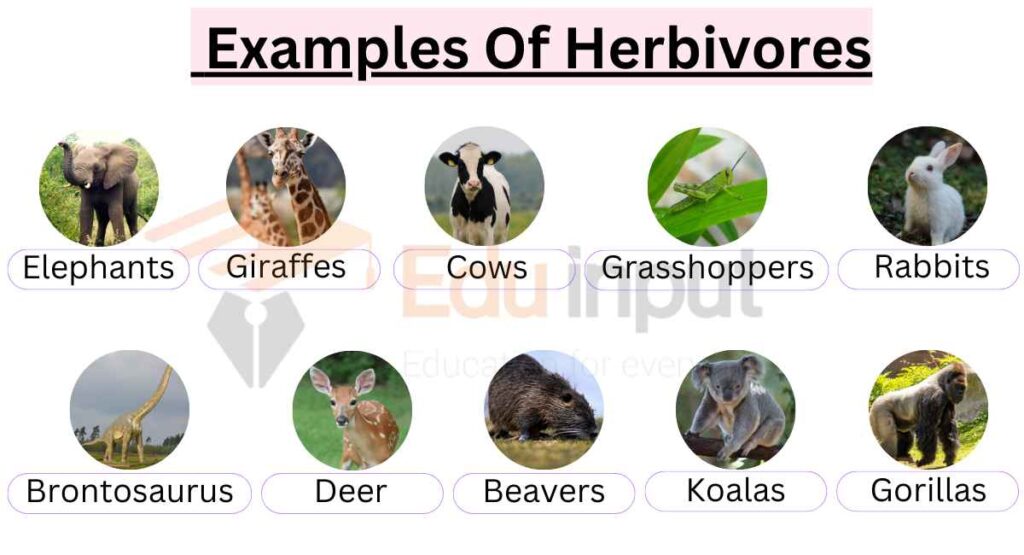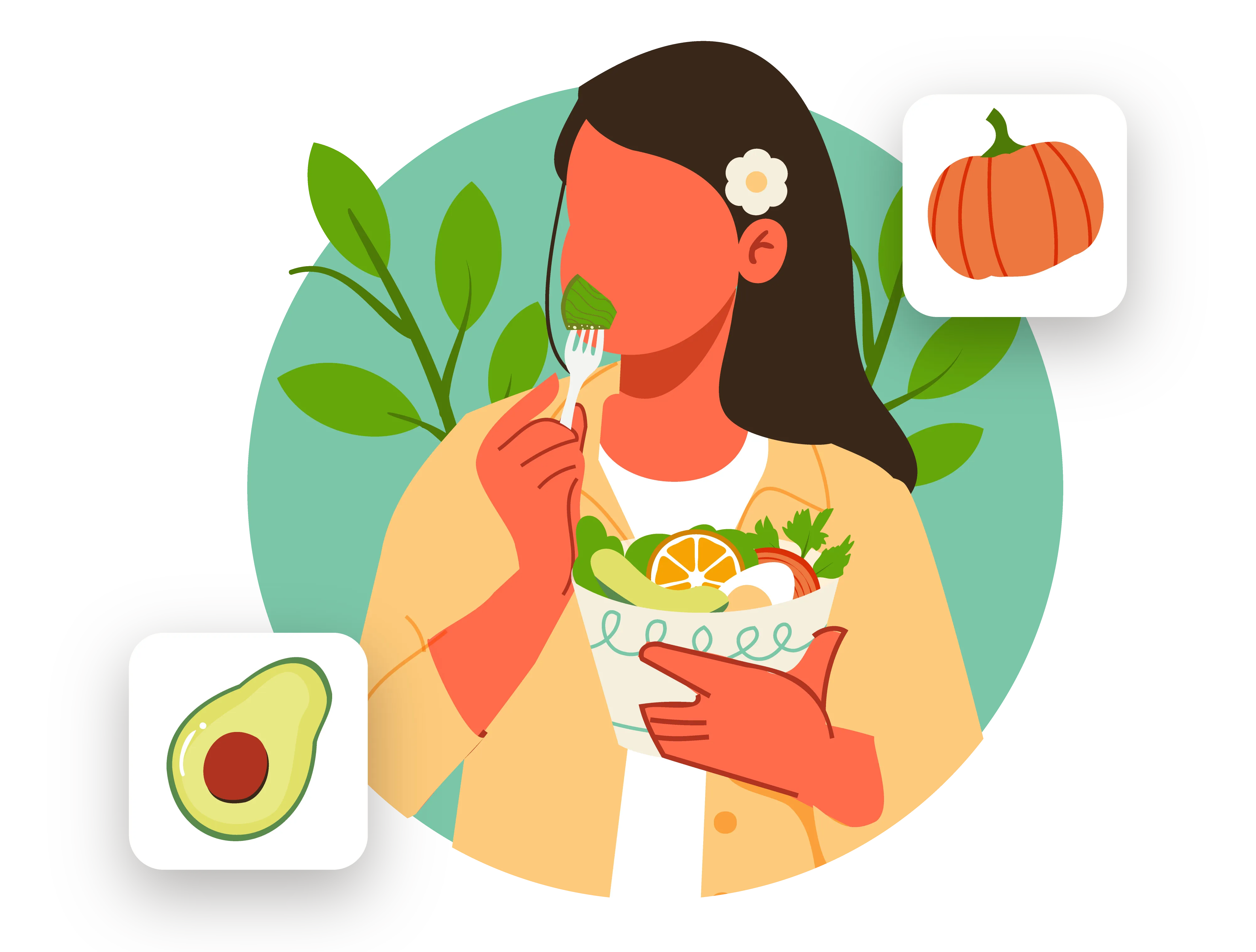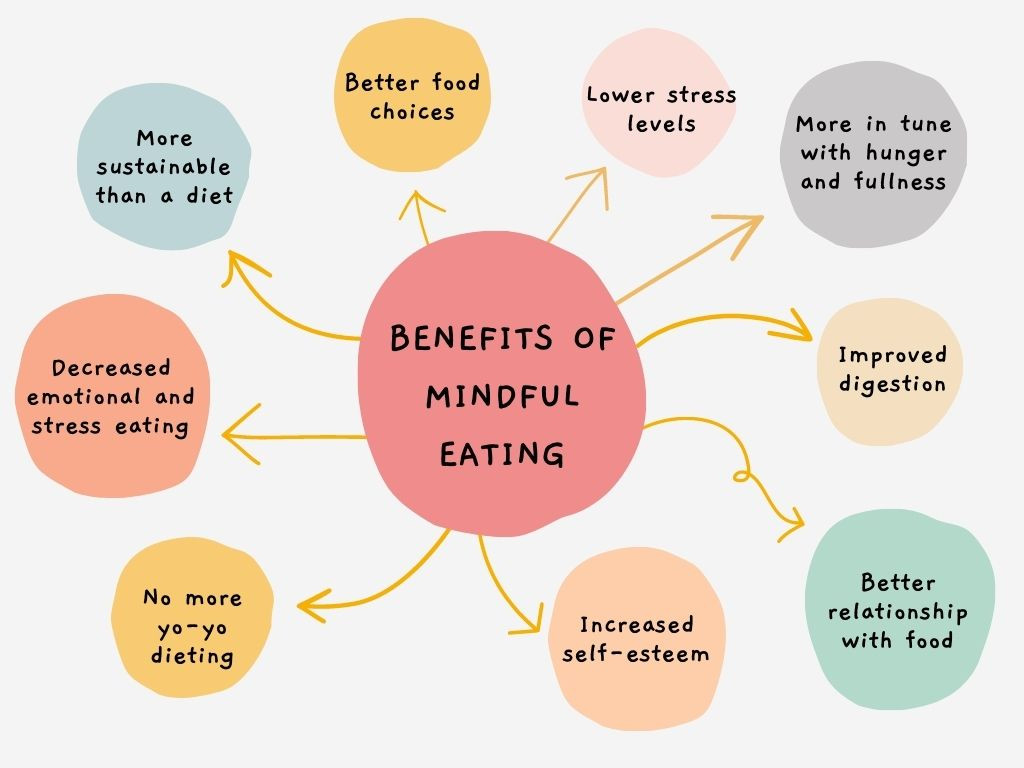From Soil To Soul: The Wholesome Vegan Path

Executive Summary
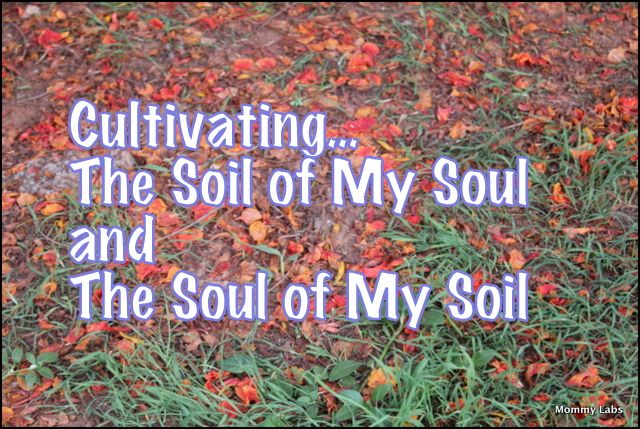
In this comprehensive guide, we delve into the profound world of veganism, exploring its multifaceted benefits and the compelling reasons why embracing a plant-based lifestyle can lead to a fulfilling and transformative journey. Through scientific evidence, personal testimonies, and practical insights, we unlock the power of plant-based nutrition, empowering you to make informed choices for your health, the environment, and the sentient beings we share our planet with.

Introduction
Amidst the clamor of modern life, it’s imperative to prioritize our well-being and seek nourishment that resonates with our bodies and values. Veganism, a philosophy and lifestyle that excludes animal products, offers a holistic approach to health, compassion, and sustainability. This article serves as a compass, guiding you through the transformative journey of veganism, unraveling its benefits and inspiring you to make conscious choices that align with your values.
FAQs
What is the difference between veganism and vegetarianism?
- Veganism excludes all animal products, including meat, dairy, eggs, and honey.
- Vegetarianism abstains from meat but may include dairy, eggs, and honey.
Is veganism a healthy diet?
- A well-planned vegan diet can provide all the necessary nutrients for optimal health.
- Plant-based foods are rich in fiber, antioxidants, and essential vitamins and minerals.
How do I transition to a vegan lifestyle?
- Start by gradually reducing animal products in your diet.
- Seek support from vegan communities and online resources.
- Experiment with plant-based recipes and explore the diverse flavors of vegan cuisine.
The Pillars of Veganism
Health and Nutrition
- Reduced risk of chronic diseases such as heart disease, type 2 diabetes, and certain cancers.
- Improved blood pressure, cholesterol levels, and digestive health.
- Abundant intake of fiber, antioxidants, and essential nutrients from plant-based sources.
Compassion and Ethics
- Animals are sentient beings capable of experiencing pain, fear, and joy.
- Veganism aligns with the moral belief that causing unnecessary suffering to animals is wrong.
- Promotes empathy, compassion, and a respect for all living creatures.
Environmental Sustainability
- Animal agriculture is a major contributor to greenhouse gas emissions, deforestation, and water pollution.
- Veganism reduces the environmental impact by decreasing the demand for animal products.
- Supports sustainable farming practices and protects biodiversity.
Spiritual and Personal Growth
- Veganism fosters a deep connection with nature, the importance of interconnectedness.
- Promotes self-awareness, mindfulness, and a sense of purpose.
- Encourages a holistic approach to life, considering the impact of our choices on ourselves, others, and the planet.
Community and Support
- Veganism fosters a sense of community and belonging among like-minded individuals.
- Online and offline support groups provide encouragement, resources, and inspiration.
- Strengthens bonds with fellow vegans who share the same values and beliefs.
Conclusion
Embracing a vegan lifestyle is a transformative journey that extends beyond dietary choices. It nurtures our bodies, minds, and souls, fostering a deep connection with ourselves, the environment, and all living beings. By embracing the principles of veganism, we cultivate compassion, sustainability, and personal growth, while contributing to a more just and harmonious world. May this guide serve as a beacon of inspiration, empowering you to make informed decisions that align with your values and guide you towards a fulfilling and wholesome life.
Keywords
- Veganism
- Plant-based Diet
- Health and Nutrition
- Compassion and Ethics
- Environmental Sustainability


